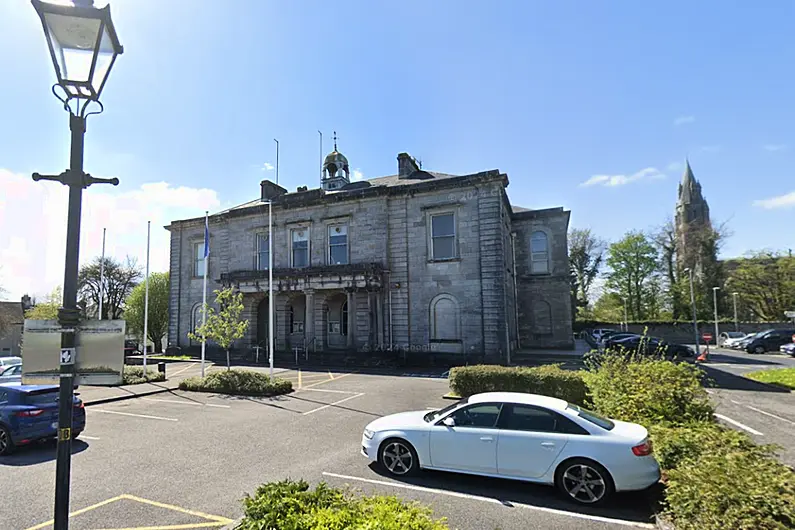Three men jailed for their part in a vigilante attack on a repossessed farmhouse in Roscommon in 2018 have lost an appeal against their convictions. The men were part of what was described as a 'mob attack' on security personnel at Falsk, Strokestown on December 16th of that year. The Court of Appeal heard they committed 'the most barbaric of violations of human rights', as their convictions were upheld. In rejecting appeals by Martin O'Toole, PJ Sweeney and Paul Beirne, Mr Justice Peter Charleton said eight security men were targeted by a vicious mob and made submit to the lowest of attacks. O'Toole, of Stripe, Irishtown, Claremorris Co Mayo; Sweeney, of High Cairn, Ramelton, Co Donegal; and Beirne, of Croghan, Boyle, Co Roscommon, were each sentenced to 15 years in prison after being found guilty in June last year of 15 charges in relation to the incident. Those charges included aggravated burglary, violent disorder and criminal damage to a door of the house.
They were also found guilty of false imprisonment and assault causing harm to Ian Gordon, Mark Rissen, John Graham and Gary McCourtney. They were further convicted of three counts of arson in relation to three vans and to causing unnecessary suffering to an animal. Their trial heard that a group of armed men smashed their way into a house at a recently repossessed rural property at Falsk, just outside Strokestown, at around 5am on December 16th, 2018. The security men were beaten and forced to the ground, had their shoes removed and their hands tied with cable ties. The windows and doors of the house were smashed, the men's vans were set on fire and a Belgian Shepherd dog was beaten unconscious and later had to be put down.
Appealing their convictions, barristers for the three argued that certain evidence relating to video footage should not have been admissible. It had also been argued that the three had been falsely imprisoned when the gardaí visited their homes, as they had no right to leave. However, Mr Justice Charleton said it was reasonable for the Gardaí to want a householder to be present and stay in one location so as not to impede the search. The judge said that video footage taken from the body cam worn by one of the security guards was real evidence, as video footage that shows the commission of a crime during a trial is not prejudicial.
Concerning search warrants issued by the District Court, Mr Justice Charleton said Gardaí had reasonable suspicion to search the premises in this case. In summary, Mr Justice Charleton said that the court was dismissing the appeals and affirming all the convictions.






